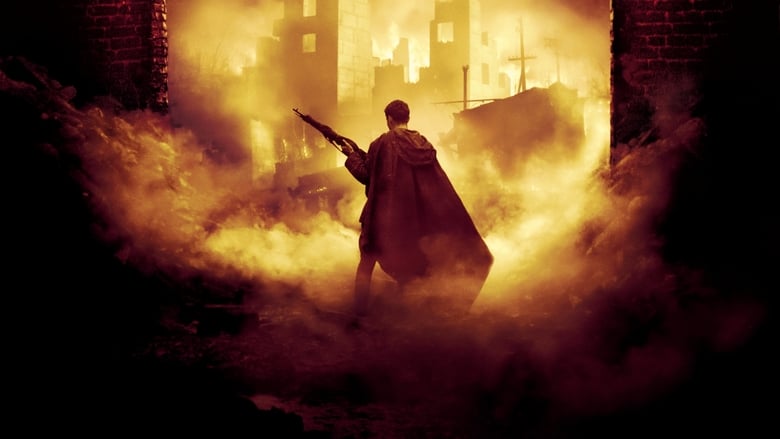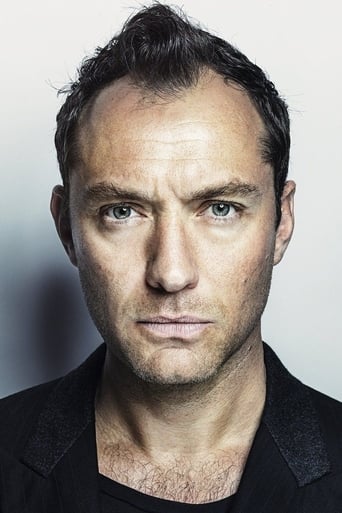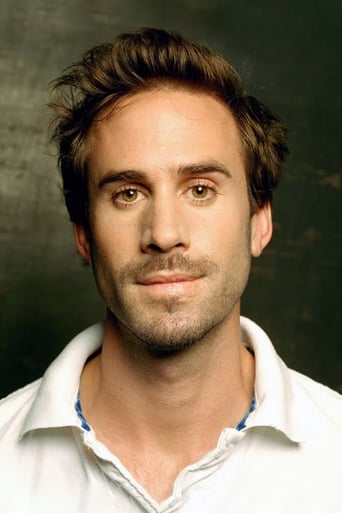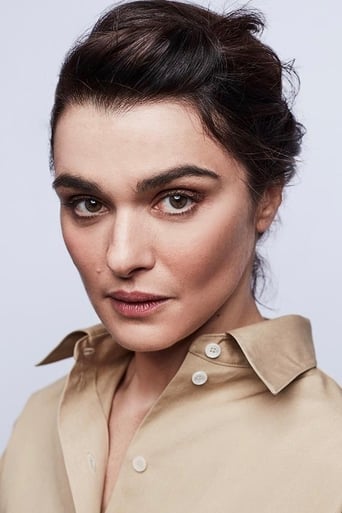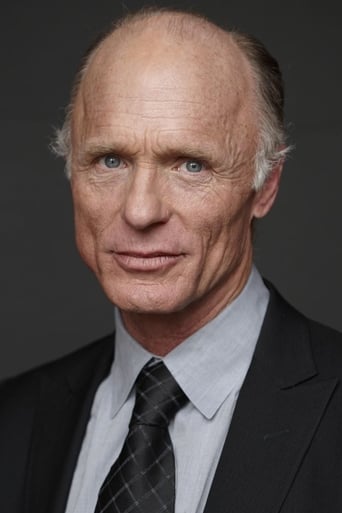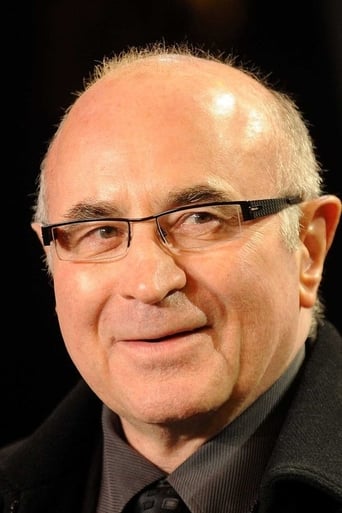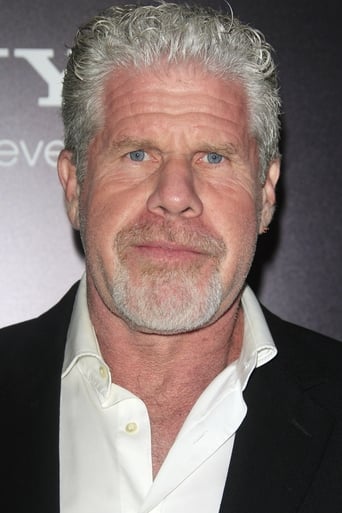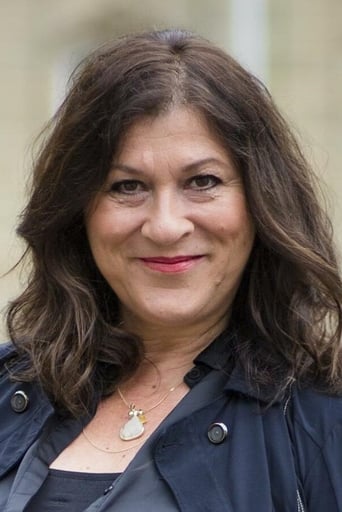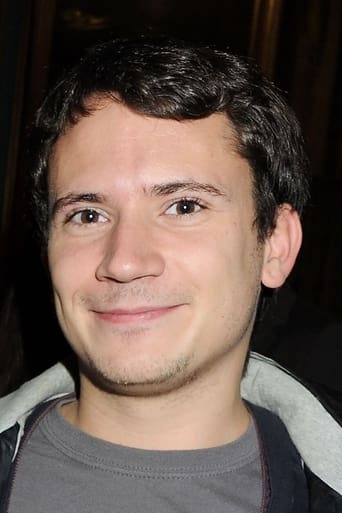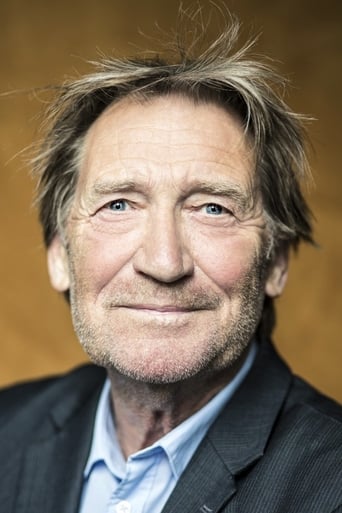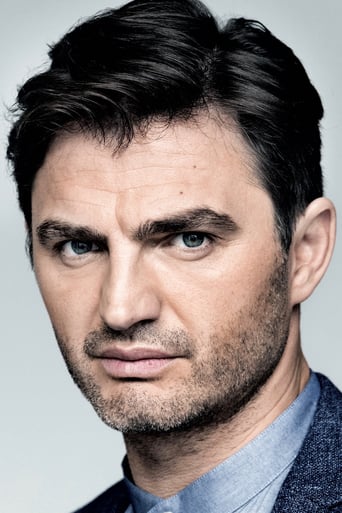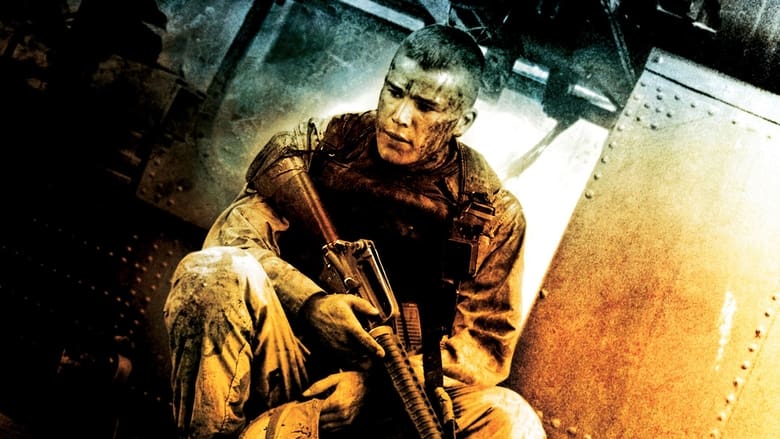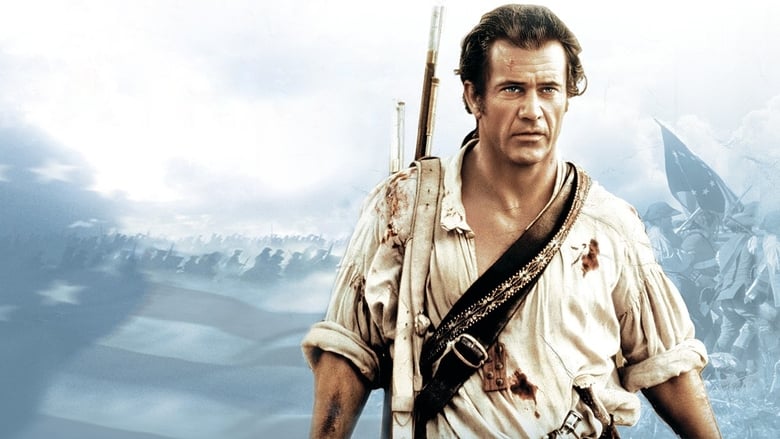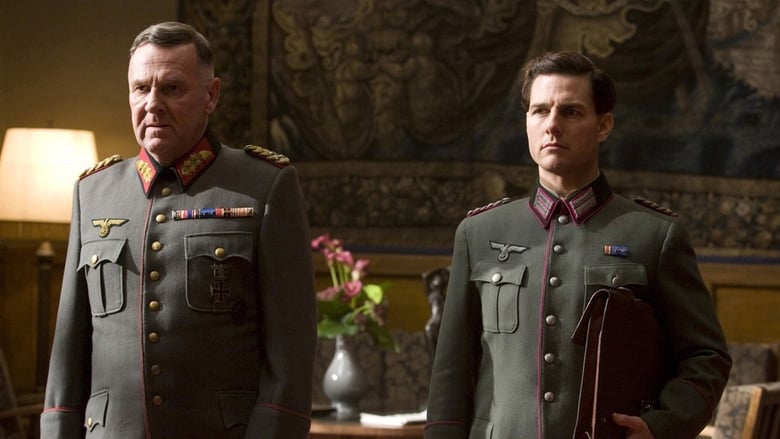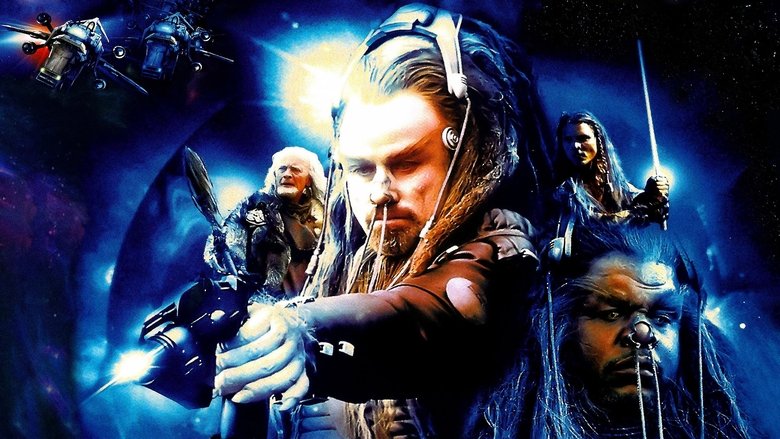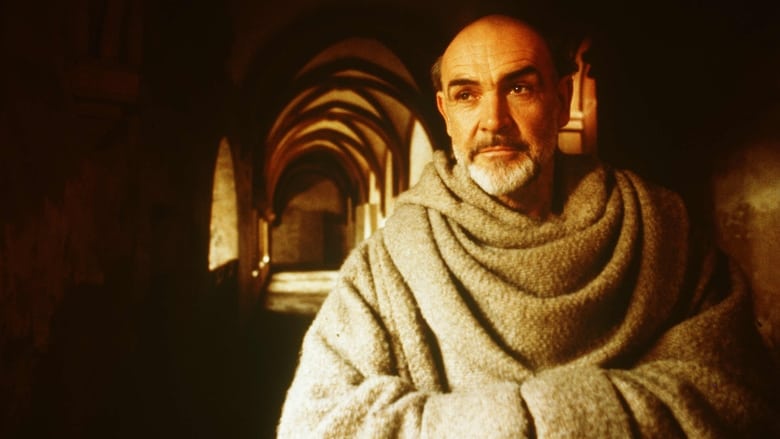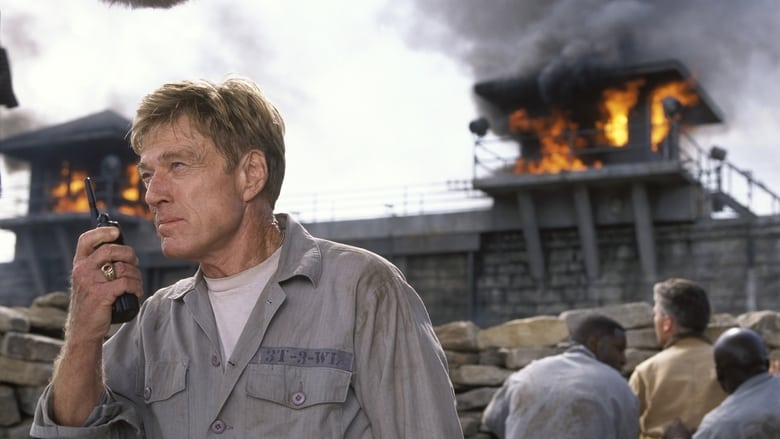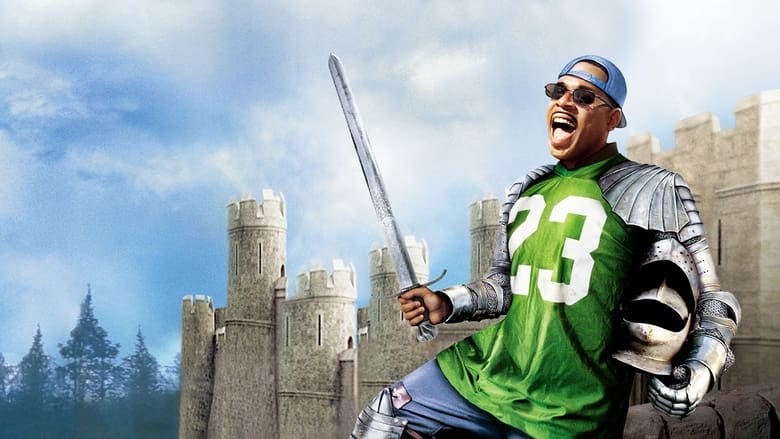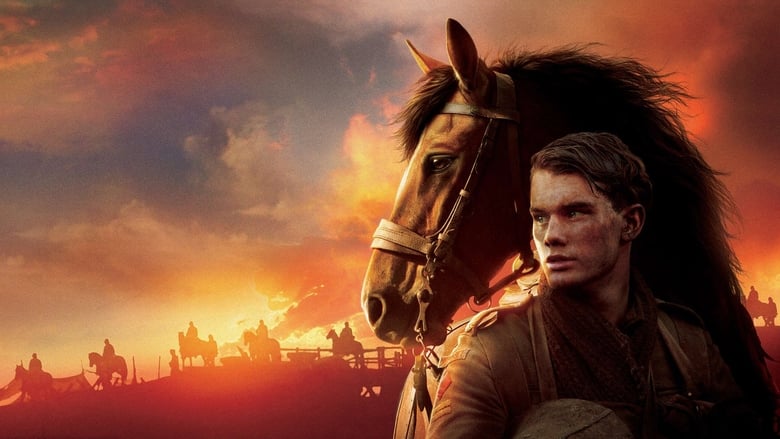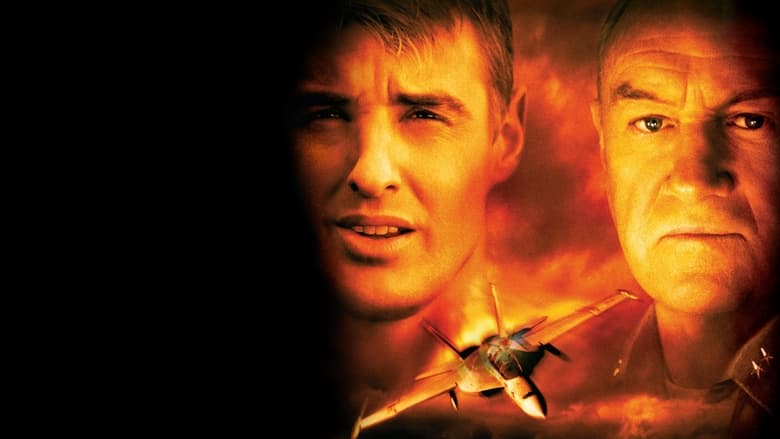A Russian and a German sniper play a game of cat-and-mouse during the Battle of Stalingrad in WWII.


Similar titles







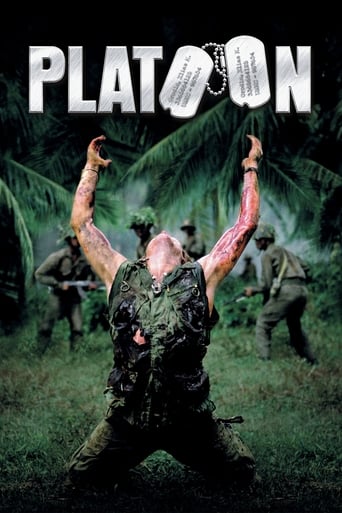


Reviews
The Cold War was an awkward time for the English-speaking film industry. Despite the industry's penchant for depicting World War Two, depicting Russians as the heroes in this epic conflict has always been a "no-no" given the political climate of the Cold War. When one considers the means through which the Soviet Union achieved its narrow but decisive victory over Nazi Germany, it feels more than a little distasteful to glorify the faction's role in the struggle. But it is historically dishonest to deny it as well. Enemy at the Gates is a good attempt by western filmmakers at capturing the story of the Battle of Stalingrad from the perspective of Vasily Zaitsev played by Jude Law. This character is loosely based on a famous legendary Soviet sniper with the same name.In the opening scene of the film, a rough Cossack father guides his son, a much younger Zaitsev, as he attempts to hunt a wolf in the cold Russian winter. Shortly thereafter, a much older Zaitsev is seen being transported by train to Stalingrad where he participates in a disastrous Soviet assault on a German position as patriotic music plays in the background. Zaitsev is eventually used as a propaganda figure by a political officer who discovers his talent for marksmanship. Zaitsev becomes a symbol of the epic Soviet struggle against the Nazi regime. The stark contrast between the beautiful background music and the carnage depicted on screen has certainly been used before. It is cliché, but it succeeds in adding some dramatic effect. Unfortunately, it is the only time when such embellishments succeed to that end in the film.Enemy at the Gates is a flawed film at its core. But the biggest flaw in the film lies in the historical inaccuracy. It's a shame too, because otherwise it could have been both a satisfying and thought- provoking war flick. The production value is certainly there. A deep investment was definitely made to capture the raw carnage of battle. But the historic embellishments in the film take away from the powerful effect of the true story. Why add so much Hollywood style flair when the true history of Stalingrad is gritty enough by itself. The embellishments were unnecessary and instead of augmenting the emotional effect of the film, butcher it.Any member of the audience with a keen understanding of the true history will find some of the historical inaccuracies in the film to be cringe-worthy. While everybody knows the Soviet Union won the Battle of Stalingrad, Enemy at the Gates portrays Soviet leadership as so blatantly incompetent, that after watching the film, one can't help but wonder, how? Perhaps this is why most western audiences still think World War Two was won in Western Europe. This is simply untrue. Soviet leadership was far more competent and German leadership was far more incompetent than they are portrayed in Enemy at the Gates. That doesn't do justice to the history.Enemy at the Gates tries to raise broader questions about topics such as loyalty, the role of class in Communism, and the pain of having to remember the faces of individual soldiers as a sniper. But the film only briefly touches on these larger topics. There is barely any depth. Perhaps the greatest scenes in the film are the tense battle of wits between Zaitsev and his German rival, a talented major who teaches at Nazi Germany's sniper school. Amidst all of this, the film attempts to weave a romantic narrative into the carnage that simply feels out of place. The female lead character, Tania Chernova, played by Rachel Weisz is interesting enough by herself. But barring one intensely erotic scene where Chernova and Zaitsev get intimate in a crowded barracks, her character's role in the entire film seems questionable at best and altogether out of place at worst. So perhaps Enemy at the Gates tries to do too many things at once. But it's still an enjoyable film. It's just not a profound or historical one.
This movie was a bang! A critical hit. If there ever going to be a film that could make the most die-hard of Americans, cheer for a Cold War foreign nation like the Soviet Union. It probably be, this movie, set in World War II. Directed by Jean-Jacques Annaud, the film tells the cat & mouse sniper duel between Red Army's Vassili Zaitsev (Jude Law), and German Nazi - Major Erwin König (Ed Harris), during the backdrop of the Battle of Stalingrad. Without spoiling the movie, too much, for the most part, 'Enemy at the Gates' action scenes were intense, brutal and deadly. It did limited the scape of the battle to these two trying to hunt each other in nearly the same area, each day in somewhat a repetitive motion. So, you never truly get the scale on how large, the battle was. Although, I am glad, that they feature a sniper duel, I was still somewhat disappointed by the fact that the book, that the movie was based on, the non-fiction novel by author, William Craig, chronicling the entire Battle of Stalingrad with hundreds of survivors of the battle-both Russian and German soldiers and civilians like Ernst Von Paulus, Alexander Rado, Emil Metzger, Andrei Ivanoich Yeremenko & others, stitching their incredible experiences together for one giant piece, while this movie only focus on that one story about Vassili Zaitsev. In truth, the urban clash with Nazi Germany and the Soviet Union troops in Stalingrad cost the lives of nearly two million men and women, in a course of 5 months, 1 weeks and 3 days. Yet, you really don't see much of their stories. Because of this, the film represented more like 'War of the Rats' by author, David L. Robbins rather than 'Enemy at the Gate'. Don't get me wrong, the film is still good, but the story could be, a little more epic. Despite that, 'Enemy at the Gates' has other problems that kinda hurt this film. One of them, is the large amount of historic inaccuracies. First off, there is no way that German or Soviet rifles of those calibers would create a small hole in someone's head and nothing more. It would blow their heads off. The film should had been bloodier than what we saw. Another is how they portray coward and spies, acting like there is hope for them, if they get caught, despite what we been told in the beginning of the film. In real-life, the commanders of both nations would kill the family of the spies, but killing the families of those who failed to bring victory. In truth, there was little hope for anybody caught as one. Another problem with the film, is the unnecessary love triangle between, Zaitsev, his lover, Tania Chernova (Rachel Weisz) and his friend, Commisar Danilov (Joseph Fiennes). Yes, I get that, Tania was Zaitsev's real life lover and this relationship, was indeed part of the book, but the audience couldn't get invested in it, while, real-life people were dying on the street, while, they selfish argument with each other, on who f*ck who. 1942's 'Casablanca' tells it best. It doesn't take much to see that the problems of three little people don't amount to a hill of beans in this crazy world. It did really does take away, from how important, winning the war, was, from the rest of the movie. It wasn't needed, even if all three British actors did wonderfully, in their roles, even if they couldn't pull off a Russian accent. However, I wouldn't mind, Tania being more like the borderline Sociopathic Soldier with a mild infatuation with Zaitsev, rather than the lovesick Damsel in Distress that she is, in the movie. Zaystev is the only character in the movie, whom portrayal matches the more accurate ones documented in the book. The film takes considerable liberties with other characters like Nikita Khrushchev (Bob Hoskins) was slightly more over the top. It's safe to say, this movie isn't near Bob Hoskins's best role. Another problem of the film is the fact that there is no current available evidence that Zaitsev and König, ever face each other. There is also no evidence that Major Erwin König ever existed, despite the claim made by the Armed Forces Museum of Moscow to be in possession of his telescopic sight. Regardless if its fiction or not, I just glad, this movie isn't surface deep 'flag-waving' communist propaganda. After all, it's hard to market that, to American audiences. I just glad, the film is a little more complex than that. It does show both factions as brutal regimes, which they were. It's a lot better than the book that portray the Germans in a little too controversial, favorable light. The film also show the soul-searching, tragic consequences and inner turmoil of the combatants on both sides, making them, question their superiors and the reasons, on why they must fight. I like how the soldiers are just trying to survive a war or to avenge/protect loved ones, rather than, trying to seek to do bad things. Also, neither Vasily or König ever demonstrate any real conviction in respectively Stalinist or National-Socialist ideology. I also love how the film expose the exploits of propaganda, with Vasily. You see, how brain wash the people can be, with these two nations going at war. Regardless of what they portrayed, the movie bomb at the box office, when it came out in 2001. It does beg the question; why was this movie even made? The Soviet Union is gone, so Russian audiences isn't going to see it. Western culture are so engrained in hating anything Red & Foreign. So it most unlikely, it was made for them. So, who is this movie, for!? Despite that, I still like this movie for what it is. An intense cat & mouse thriller. While, it's not the best WW2 movie out there. It's far from being one of the worst
Enemy at the Gates (2001) Reviewed by Martin Davis. Retrospect Film on Facebook. Stalingrad 1942. The Third Reich have swept through Europe and deep into the heart of Mother Russia. The Red Army and Hitler's troops are engaged in bitter hand to hand combat amidst the ruins of the city. Director Jean-Jacques Annaud's World War II epic opens with an uncompromising depiction of the brutality of war as hundreds of newly arrived Russian soldiers attempt a near suicidal mission to cross the Volga into Stalingrad. Under heavy land and aerial bombardment, any man attempting desertion is shot down with a bullet from a Soviet officers pistol. Finding themselves isolated amongst the fallen bodies of their comrades, Vassili Zaitsev (Jude Law) and Commisar Danilov (Joseph Fiennes) make good their escape after Vassili demonstrates his impressive marksmanship skills with a rifle. Meanwhile, future Soviet Premier Nikita Khrushchev (Bob Hoskins) has arrived in Stalingrad and demands ideas to improve the peoples battered morale. Danilov, now a Senior Lieutenant, starts a propaganda campaign in the army newspaper about Vassili's exploits and the farmers boy from the Ural Mountains, taught to shoot by his Grandfather, is transferred to the sniper division and rapidly becomes a national hero. Having become friends, Vassili and Danilov both begin a romantic involvement with a girl from Stalingrad, Tania (Rachel Weisz) a Private in the local militia. With the Soviet snipers increasingly gaining the upper hand on their German counterparts, Major Erwin König (Ed Harris) is sent in to take out Vassili and crush the Russian peoples spirit. So begins a deadly game of cat and mouse. The two protagonists are polar opposites. One, the shepherd boy with a steady hand and a sharp eye but with increasing doubts as to whether he can defeat his enemy. The other, the aristocratic German, supremely confident and equally adept with a snipers rifle. Vassili and Tania have meanwhile fallen in love and driven by jealousy Danilov attempts to discredit his friend to his superiors, resulting in fatal consequences. Based on the 1973 non fiction book 'Enemy at the Gates – The Battle for Stalingrad' by William Craig, the film is a brilliantly told tale of conflict, love and betrayal and succeeds as not just a war film but also as an historical drama and love story. Martin Davis. Retrospect Film on Facebook
This effective movie has a great, epic background over which to play the story - the battle of Stalingrad in World War II, which left the city in smouldering ruins and hundreds of soldiers (on both sides) dead. Like with most modern blockbusters, the budget is big (the biggest in Europe, it has been said), and there are plenty of authentic bombing raids and gun battles in this action-packed movie which only slightly drags towards the end. CGI fighters spit bombs down on to the ruined streets and the smoke from dozens of explosions fills the sky to great effect in some truly breath-taking battle sequences. The film doesn't shy away from the violence either, preferring to show in graphic detail the sight of bullets erupting through bodies and exploding heads, blood everywhere, particularly in a disturbingly realistic scene showing enemy fire peppering a group of soldiers huddled together on a boat.Over this intense background plays a story that is in parts a thriller, a tragedy, and a romance. The various plot strands are mingled perfectly to make one smooth-running film as a whole with well-drawn characters you can really care about. In particular, Jude Law gives a convincing portrayal of an innocent farmer boy, initially terrified out of his life when he is thrown headlong into battle, and gradually turning into a war hero through the propaganda of his friend Danilov (an understated and effective turn from Joseph Fiennes).The initial sequence in which Law proves his worth as a sniper is an excellently-shot piece of action. Into the story comes Rachel Weisz, as the love interest, a female Russian soldier, and there's even a love triangle thrown in there too for good measure between her, Law and Fiennes. However, most scenes are stolen by Ed Harris (looking very much like Anton Diffring) as Major Konig, a German war hero and top-notch sniper who engages in some tense and suspenseful cat-and-mouse games in the rubble of Stalingrad, sequences which are the best in the movie. Good support comes from a near-unrecognisable Bob Hoskins as Khrushchev, and Ron Perlman as a fellow sniper with a mouth full of metal teeth.ENEMY AT THE GATES is a well-made and intelligent blockbuster, convincingly portraying the realism of the war, peppered with many memorable scenes such as the macabre image of a young boy hanging from ruins on the horizon. Although the outcome is to be expected, the journey there is an eventful and often surprising one and never less than watchable. A shame that all modern blockbusters aren't often as intelligently scripted or acted as this film is.

